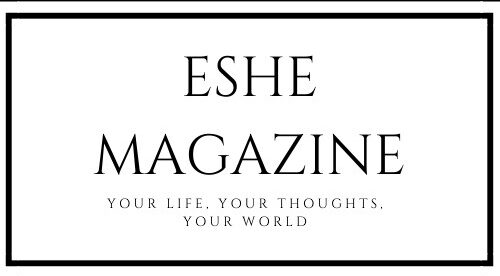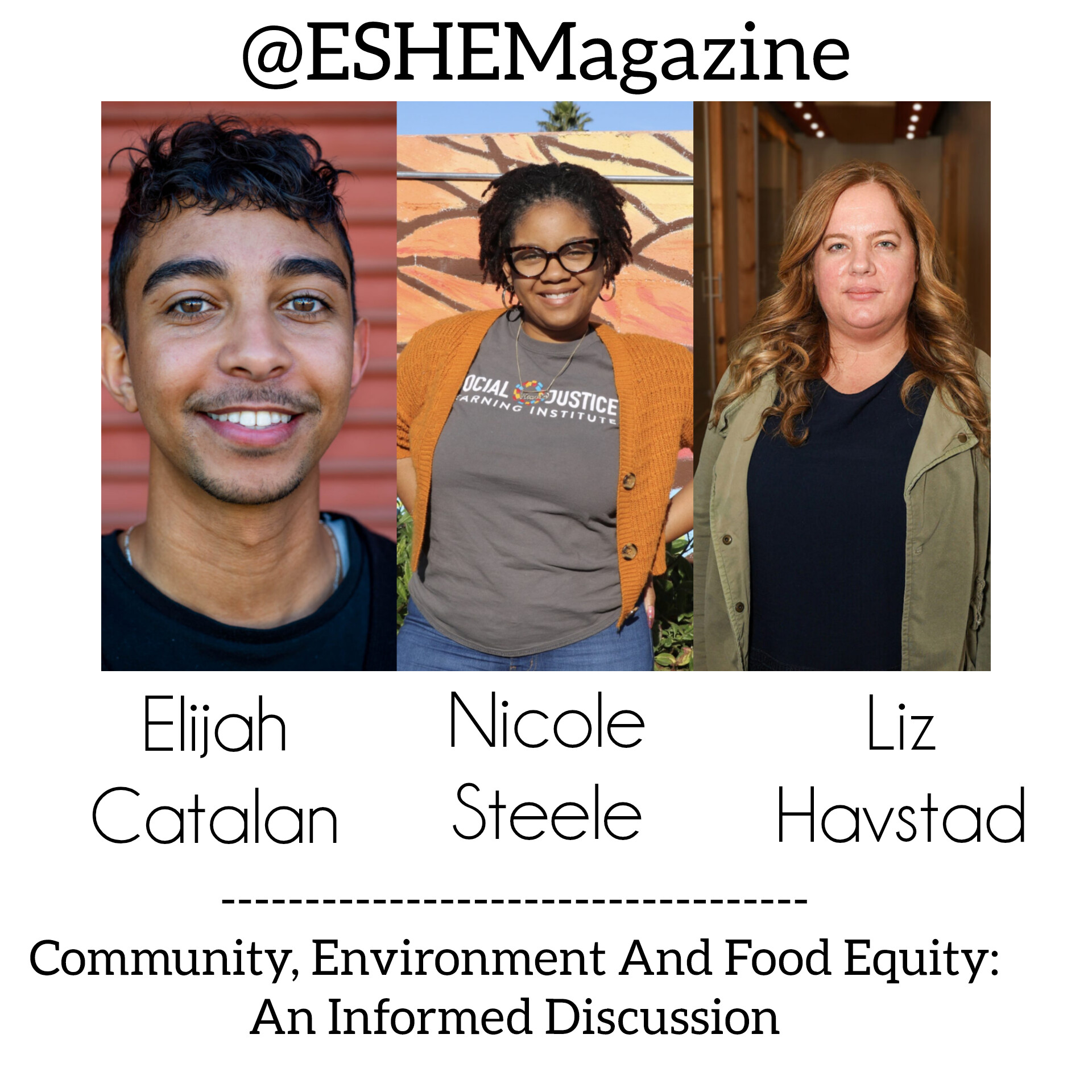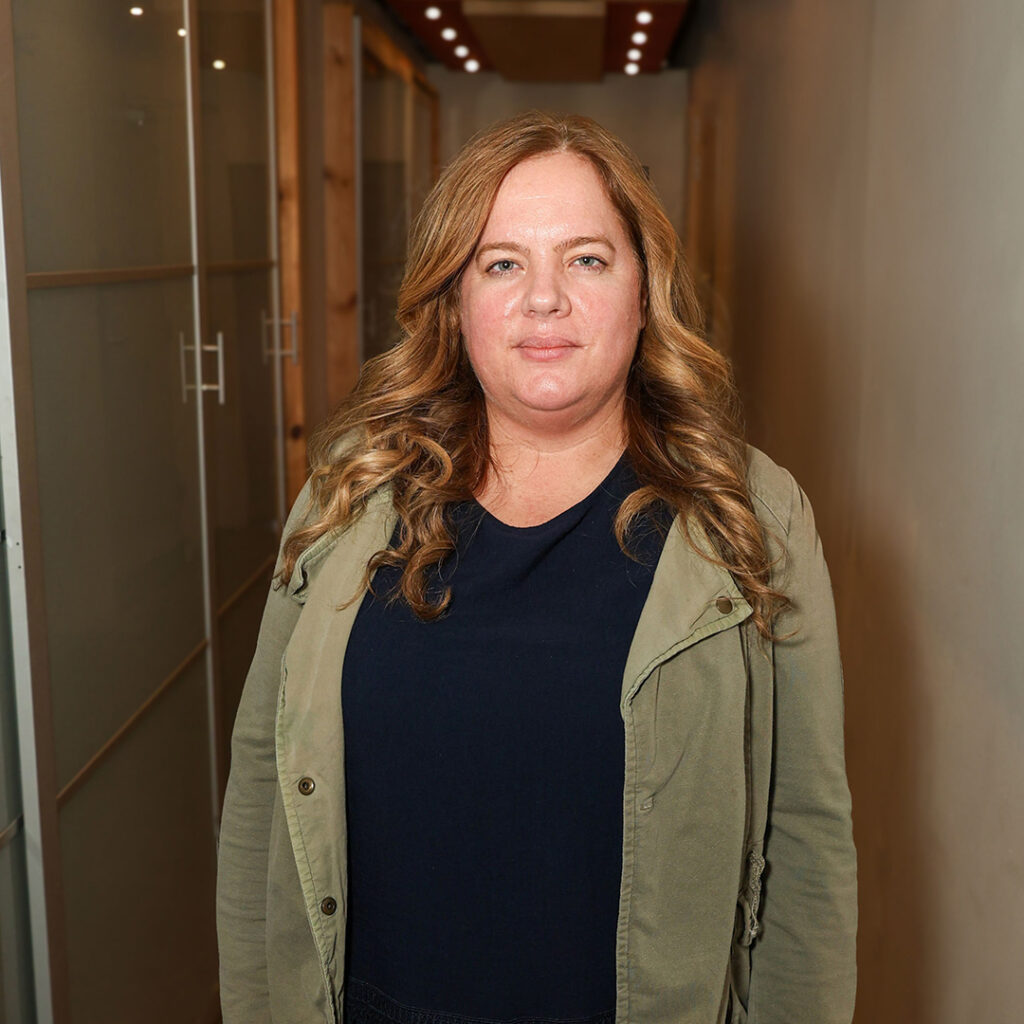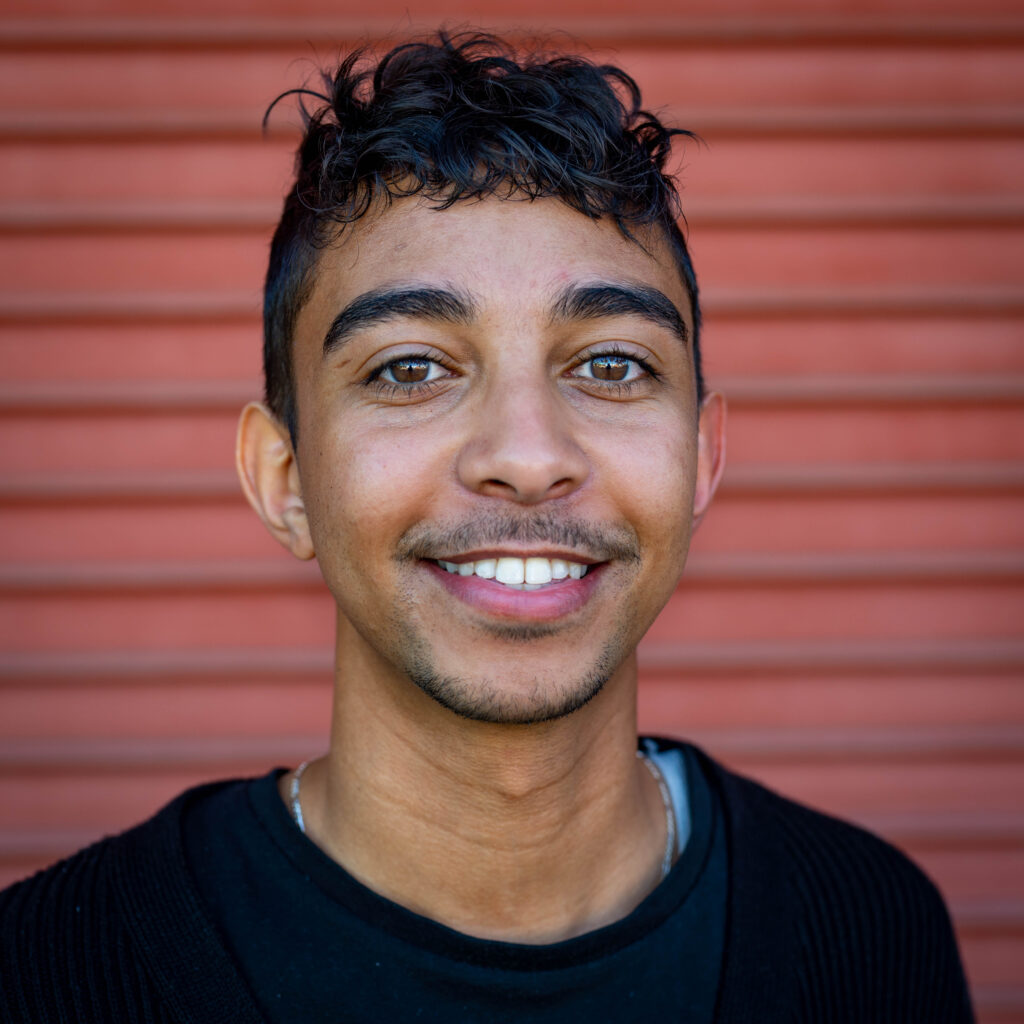By David Jordan Jr
The environment in which we live plays a significant role in facilitating the lives which we live. A healthy ecosystem, fresh fruits and vegetables and individuals that do their part to ensure the community presents a positive environment for citizens are all factors that impact the current status and future standing of communities across the globe. The Hip Hop Caucus has made it a priority to tell the stories of various communities across the United States and share the importance of environmental preservation and inform society of the ills that develop from environmental neglect. The film “Underwater Projects” puts a microscope on coastal flooding on the Hampton Roads region of Virginia, examining the seven cities (Norfolk, Portsmouth, Newport News, Chesapeake, Hampton, Virginia Beach, and Suffolk) which have been greatly affected by coastal flooding. The project, created by Hip Hop Caucus, has been shown at various film festivals and screenings across the country.
Q & A At Los Angeles, California Screening with actress Vanessa Simmons, the founder of Youth on Root Candice Youngblood, the Social Justice Learning Institute’s health equity program director Nicole Steele, and the film’s director Liz Havstad.
Recently Liz Havstad, Nicole Steele and Elijah Catalan each spoke with ESHE about the the environment, community and food equity.
Liz Havstad | Managing Director and Chief Operating Officer Of Hip Hop Caucus, director of “Underwater Projects”
David Jordan Jr: The film “Underwater Projects” explores and informs the world about the environmental issues that have been affecting the Hampton, Virginia, area in regards to flooding and water issues. How was the concept for this film developed?
Liz Havstad: At Hip Hop Caucus we organize and we tell stories, in 2019 we were mobilizing climate justice voters in Virginia for the state-wide elections there. We decided to organize a stand-up comedy show at the Attucks Theater in the St. Paul’s district in Norfolk, VA. It’s a historical theater, built in 1919 and a community heritage site with a long history of being an important venue for Black performers and entertainers. While we were filming the comedy special, “Ain’t Your Mama’s Heatwave”, we also filmed additional footage meant to play in between the standup acts. In that process our President and CEO, Rev Yearwood recognized there’s a much bigger story here. So we did the stand up special but we never stopped filming and we worked on the story and the film for a few years. The project emerged out of organizing, we approached the film making with organizing principles and we are facilitating the distribution with organizing principles. I can’t say it was a project we planned from the beginning, it was just more a process of seeing the story from the eyes of the community and following it over a set of years.
David Jordan Jr: Nearly twenty years ago, Hurricane Katrina touched ground in New Orleans, Louisiana, tremendously damaging and changing the city forever. What impact did Hurricane Katrina have on the development and presentation of information on the seven cities in this film?
Liz Havstad: Twenty years later, families who were displaced by Katrina are not fully restored, communities are not fully restored. The film opens with leaders from New Orleans, including Mia X, in the Seven Cities, warning residents about what a Katrina-like event would be like. Hampton Roads is below sea level and sinking, the ocean is rising, and they are at risk of a climate disaster at the scale of Hurricane Katrina or larger. We made this film about Norfolk and the larger region, to help raise the alarm.
David Jordan Jr: In your position as the Managing Director and Chief Operating Officer of Hip Hop Caucus, what inspires you in your continued quest to share this film and the information presented in the film with the world?
Liz Havstad: Storytelling to build power through narrative is not new to movement building, however the way we communicate those stories has changed vastly over the last five, ten, fifteen years and certainly from previous generations. At the Caucus we work with Hollywood to tell stories with strong climate justice narratives. And while that work is essential, the traditional process of filmmaking is problematic when it comes to reflecting communities. I believe the answer isn’t so much trying to convince the film industry to tell responsible, true and real stories; but that we must focus more on empowering community organizers and activists to become filmmakers. And in that way, the foundation for filmmaking can be grounded in community principles first and foremost. So while we work to change Hollywood and entertainment, we are also producing and self distributing stories via film, podcast, music, digital video.
David Jordan Jr: One aspect of the film that I found very intriguing was the Indigenous history in that particular area of Virginia. The history of Indigenous people has not been consistently presented in films and documentaries. How important was that aspect in further shaping the message of “Underwater Projects?”
Liz Havstad: It was essential that we included Indigenous history as well as present day tribes because we cannot understand how we have come to the crises we are in today without the Indigenous perspective. In the Hampton Roads region tribes there warned against English colonists filling in rivers and creeks to build the port there. Their advice was ignored, and now with rising sea levels the region is dealing with debilitating chronic flooding. Today, Indigenous peoples across the globe manage and protect land and their stewardship yields better ecological outcomes for us all. Following Indigenous leadership and nature based solutions provides us a set of solutions to the climate crisis today.
David Jordan Jr: How do you want this film to impact individuals who do not live in the seven cities of Hampton Roads?
Liz Havstad: When you do this work, you realize very quickly that it’s the same basic story over and over in communities across the country and the world. What I hope for when people watch the film is that they draw connections to their own community and that inspires solidarity amongst us all and people seek out getting involved in the climate justice movement.
Nicole Steele | Health Equity Program Director of Social Justice Learning Institute
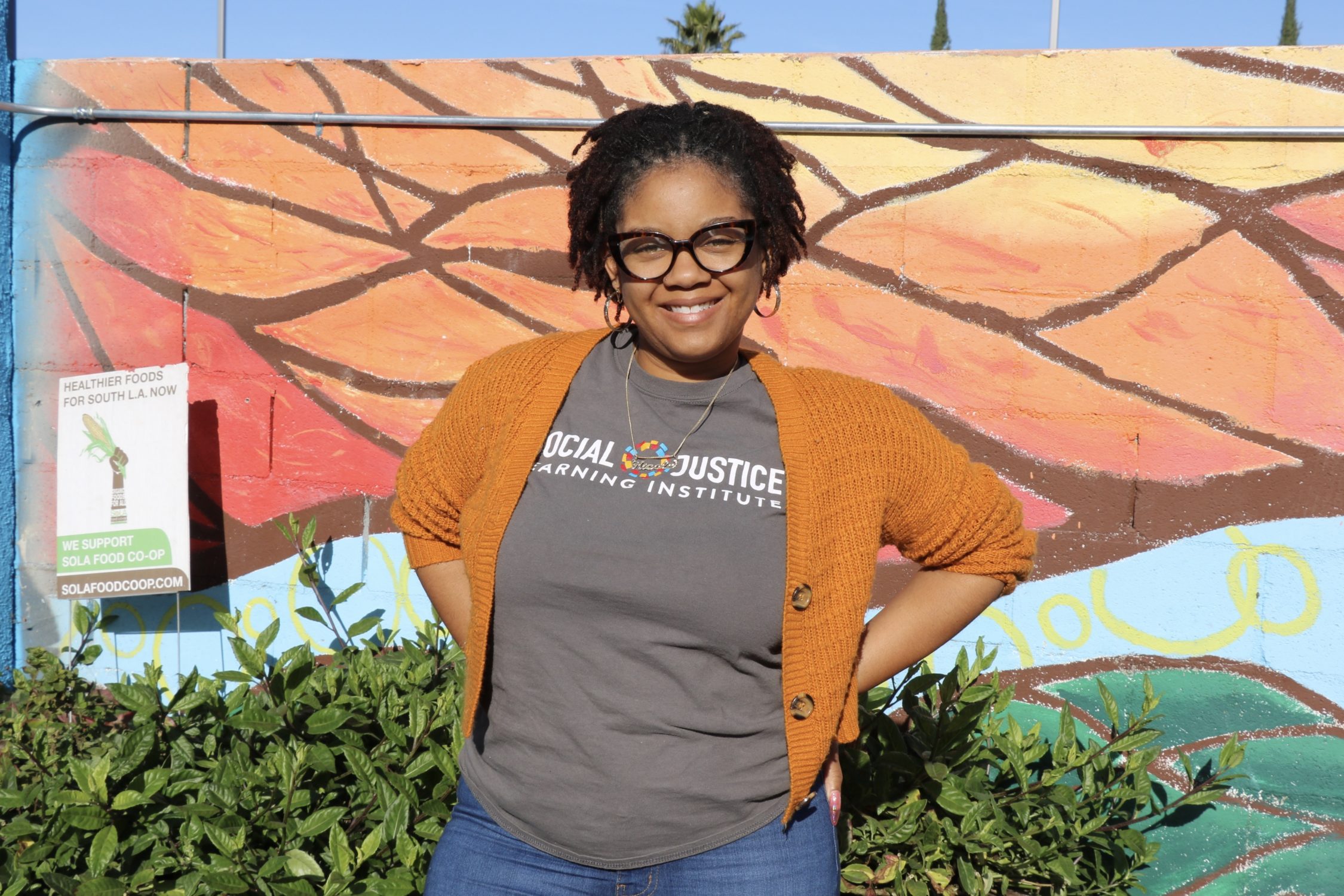
David Jordan Jr: Food equity is necessary for formulating a healthy lifestyle. What do you feel is the biggest misconception about healthy food and the availability of healthy options for people globally, especially in impoverished areas?
Nicole Steele: I think that one of the biggest misconceptions about healthy food is that it needs to be stewarded by the “experts.” Globally, in communities that have been under-resourced and divested from, people have a rich heritage of cuisine and food ways that include fruits, vegetables, whole grains and lean meats; as well as innovative and healthy ways of preparing and preserving those foods. There needs to be a recognition that the people have the answers to these problems of access and care, and can provide for each other creating thriving communities. Investments need to be made into restoring people’s ability to grow and distribute food and well as use cultural ways, in partnership with modern health research, to restore health to their communities.
David Jordan Jr: As you’ve created farms to produce fresh, healthy food for residents, what have you learned throughout the process that has fostered forward progression in your mission?
Nicole Steele: I’ve learned that my community knows so much and is eager to take care of each other. These growing spaces become so much more than just a farm. They become hubs where people share knowledge and resources, think critically, and get involved. The ideas of the people we serve really drives us forward and given the time, space, and resources, they will be the ones that continue to drive our mission forward. Our youth are so dynamic an able to merge cultural ways with the modern world; and check us if we are not being open minded. Our elders have so much historical knowledge that we learn from. And everyone in between with their stories and experiences literally colors the work we do. Its really an honor to do this work for and with my community.
David Jordan Jr: For a person seeking to start their own garden, what do you feel is the most essential
thing they would need to do in establishing their agricultural blueprint?
Nicole Steele: Growing is simple, but not necessarily easy. People definitely have to have patience and a dedication to consistency. How often are you willing to show up to create magic that will take care of you, heal the earth, and provide for your people? After that, soil, sun, and water (laughs).
David Jordan Jr: How can people find out more about South LA’s Social Justice Learning Institute
(SJLI) and how they support this organization?
Nicole Steele: Follow us on Instagram! You can find us at @sjli_CA. DM us to get on the newsletter and volunteer digest. We’d love to hear from you and work together. You can also find us at www.sjli.org. We can’t wait to meet you!
Elijah Catalan | UCLA PhD candidate, Institute of Environment and Sustainability
David Jordan Jr: The conversation of climate change and environmental changes continues to be a consistent topic of discussion. Every community has external factors that contribute to the weakening or strengthening of the local environment. What can people do individually to protect their local environment?
Elijah Catalan: Individually, people often feel powerless to take action against enormous, wicked problems like climate change and the systemic issues that contribute to local environmental issues. One method I recommend people use to find their own way to contribute to environmental solutions is to create a climate action venn diagram, a term coined by a major climate advocate, Ayana E Johnson. The venn diagram consists of three circles:
- What are you good at?
- What work needs doing?
- What brings you joy?
Using this method, folks can determine what meaningful action they can contribute. After considering these things, I urge folks to join or volunteer with local organizations that could use their support. In large cities like Los Angeles where I live, there are groups working on almost any issue you can think of from community gardens, ecosystem conservation, political activism, and building climate-resilient infrastructure. If on organization doesn’t exist where you live, I urge you to gather community members to create your own, perhaps inspired by existing efforts elsewhere.
David Jordan Jr: Sustaining clean water has been a mission for the world with the evolution of technology and the use of natural resources for production efforts in various industries. Have the efforts been consistent on a global level or do those efforts vary by region/county?
Elijah Catalan: Access to clean water resources has never been even across the globe. Geography and history have always dictated the accessibility of clean water for different regions. However today, investment and efforts to sustain or increase access to clean water remain inequitable for a multitude of reasons not limited to the political leverage of communities, limitations of infrastructure, and systemic racism allowing certain areas to become “sacrifice zones” for pollution. Flint, MI is a well known example of this but only reveals the tip of the iceberg. There are numerous areas in the United States alone which suffer from a lack of access to clean water such as the Watts neighborhood in Los Angeles, the city of Jackson, MS, and the 85-mile stretch of land along the Mississippi River between Baton Rouge and New Orleans dubbed “Cancer Alley.” All of these areas contain predominantly Black and disadvantaged communities and their calls for fair access to clean water have largely been met with apathy. It is imperative that we stand beside those communities still fighting for their rights to clean water.
David Jordan Jr: Marine life impacts humans through resources such as food and oxygen. What are the major disruptors of the marine ecosystem? How can marine life be better preserved to foster climate consistency and decrease pollution?
Elijah Catalan: Life on land is inherently tied to life in the ocean. A mentor of mine once told me that whenever a color disappears from the ocean, it also disappears on the land. So we must protect the life in our oceans to preserve the brilliance of our own lives.
Some of the major issues affecting our oceans right now are: climate change of course, as well as overfishing, ocean acidification from increased atmospheric CO2 being absorbed by the ocean, pollution from oil spills, industrial agriculture, and wastewater overflow, and habitat loss from coastal development, trawling, and industrial shipping. There are many ways that we can help protect our oceans like advocating for more marine protected areas, beach clean ups, and mindful consumption of seafood, especially high impact food items like shrimp and other bottom-trawled organisms. However the first thing I usually urge my community to do is to rebuild a deeper connection with the ocean. Historic segregation, cultural erasure, and environmental injustices have disconnected many communities of color from the ocean. So much so that many believe that careers in marine science or advocacy are only for white people or only benefit white communities. We cannot allow those bonds to remain severed lest we risk losing the brilliance of our ocean.
David Jordan Jr: Where can individuals follow your works and learn more about your research studies about the environment?
Elijah Catalan: If folks would like to connect with me, please reach out on linkedin: linkedin.com/in/elijah-catalan or via email: [email protected]. To follow my work or learn about my research you can visit https://www.ioes.ucla.edu/person/elijah-catalan/ or follow the pages of my partner organizations: https://www.ioes.ucla.edu/diversity/, https://climatejusticecollective.co/, https://www.amahmutsunlandtrust.org/, https://www.esperanzacommunityhousing.org/, and https://wlcac.org/
